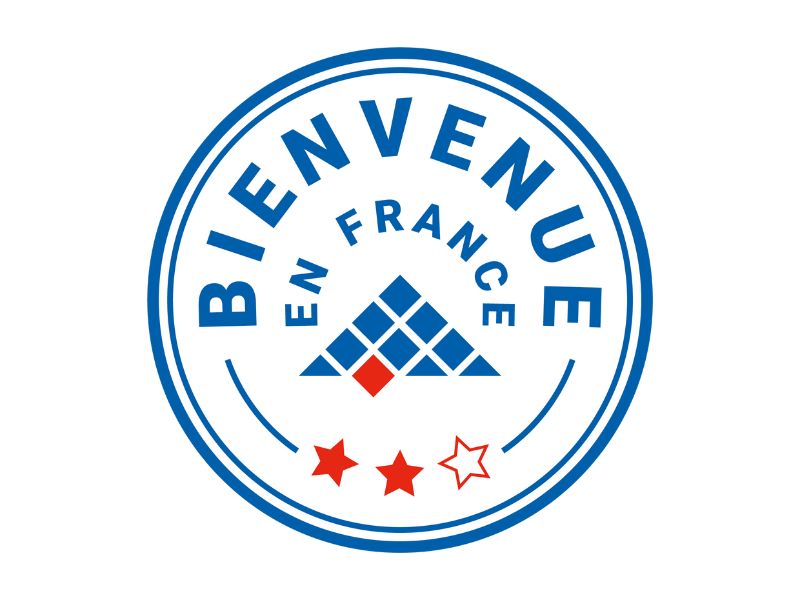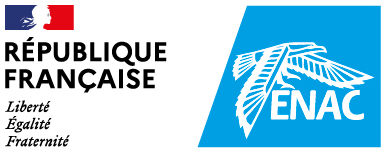Academic exchanges
ENAC has partnership agreements with 80 universities worldwide. A quarter of our students come from more than 50 countries around the world. ENAC is one of the most dynamic universities in terms of international relations.
Mobility
International mobility is essential for our students as a means of evolving professionally and as an individual. As a result, ENAC graduate programmes enable and promote international exchange.
Each year, more than 180 students carry out internships or professional assignments abroad, in companies or labs all over the world.
Studying at ENAC
Studying at ENAC represents an outstanding opportunity for international students and trainees.
Discover how to join an ENAC program :
European students
Non-European students
Our sites abroad
ENAC develops new training programmes in partnership with leading universities worldwide.
For Advanced Masters and double-degrees find all information about our sites abroad here ///
The PEGASUS network, guarantee of European aeronautical excellence
ENAC is a member of the PEGASUS network, gathering the best schools in the aerospace sector in Europe. The PEGASUS network guarantees excellence of teaching and research member institutions. It also acts as a facilitator for academic exchanges (students and collaborative research).
The PEGASUS network (Partnership of a European Group of Aeronautics and Space Universities) gathers the main European aerospace Universities.
Created in 1998 at the initiative of members of GEA (ENAC, ENSMA and ISAE), the network currently has 27 Universities in 9 European countries. PEGASUS universities train the vast majority of the 2000 students in aerospace who are graduated annually in Europe.
Its objectives are:
- To enable companies to better understand and appreciate the quality of training provided in other countries than their own by issuing the Pegasus certificate that guarantees the high level of training completed
- To incorporate the European dimension and recognition of international experience into training by delivering a Pegasus award to students who have spent at least 5 months abroad as part of their university course
- To certify the quality and adequacy of programmes delivered in Aerospace with regards to the needs and standards for industry and research through the PERSEUS label
More information on the PEGASUS website

ENAC has been awarded the three-star "Bienvenue en France" label by the Certification Commission on May 24, 2024. This label highlights the school's commitment to welcoming international students, particularly through accessible information, support services, academic programs, housing, and alumni follow-up.








